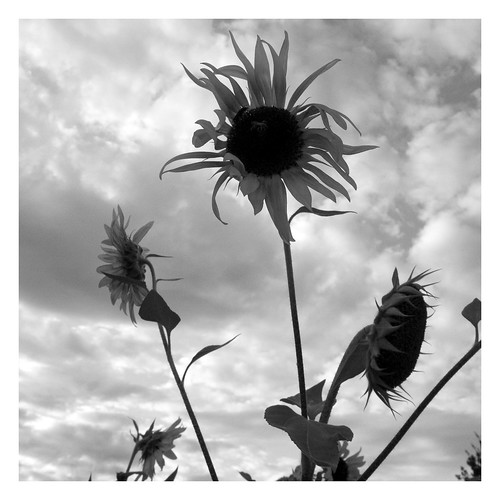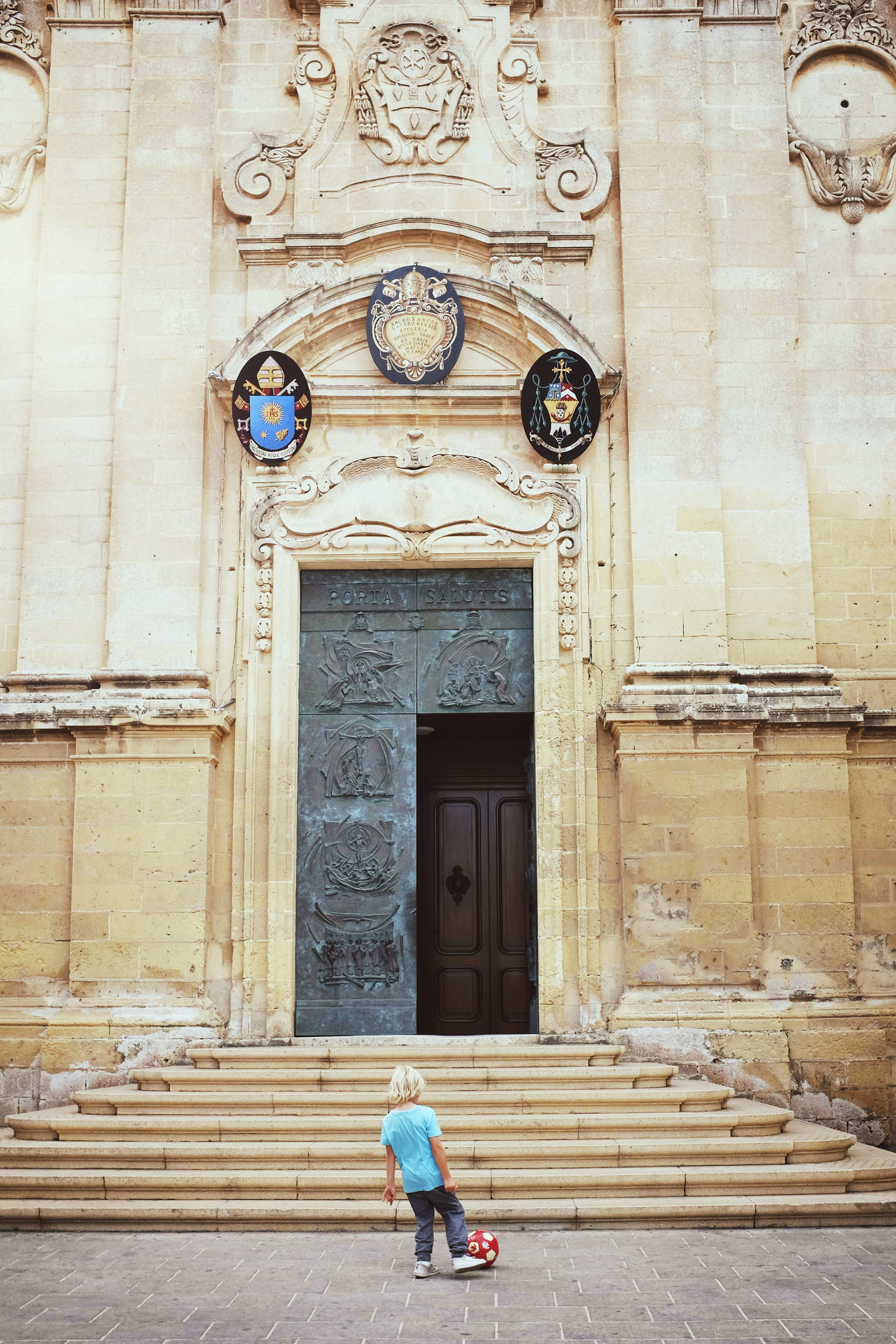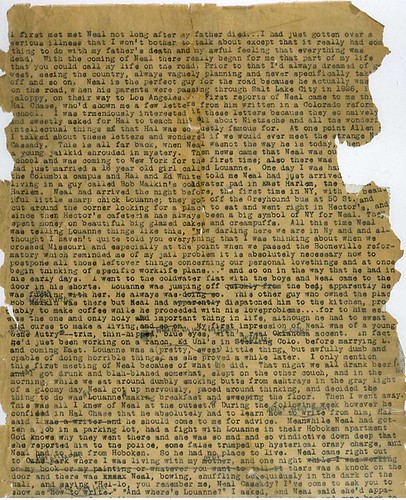A few months ago, a friend asked me before departing to France on sabbatical if she should be concerned about anti-Semitism there. “Oh no,” I said, dismissing her concerns. Now, in the wake of the Toulouse Jewish school shooting, I see I may have been wrong to be so quick in my assurance that all would be well.
I have complex emotional relationship to France, but I love Toulouse, “la ville rose.” My family and I spent a few weeks there while I was doing research for Epistolophilia. Ona Šimaitė lived there for a time after 1945, and we went to the city to retrace her steps. We liked it so much that it was one of the places we considered when searching for a place to spend our 8-month sabbatical.
My visit to Toulouse was my first return to the south of France in almost two decades. I had lived in Aix-en-Provence for a year as a student in my 20s. It was an incredibly difficult year, and I returned home shaken and traumatized. It took almost twenty years before I could consider returning without anxiety. So it was a big deal when, a few weeks ago, my son (on the cusp of turning 5) and I boarded a plane from Malta to Marseille to visit my old friend, Sarah.
Since I last saw her, Sarah has married a Moroccan man. Out of love for his wife, Mohammed left his country for her and settled in France. The stories they told me of raising “mixed” kids and of the difficulties that Med (Mohammed’s nickname) has finding and keeping jobs — despite the fact that he’s friendly, competent, fluent in French, and a highly trained professional — revealed how little had changed since the summer I left Aix after an “Arabe” had been savagely beaten on the swanky Cours Mirabeau for no apparent reason. One of the things that troubled me back then was the overt racism against “les Arabes” — mostly Algerians, Moroccans and Tunisians who have lived in France for several generations. Now, if anything, things appear to have gotten worse.
North Africans born in France call themselves “Beurs,” a distorted anagram of the word “Arabe.” Generally speaking, Beurs have a tough go of it in France. On the one hand, young people of colour are told that they must assimilate and become French. But on the other, the fact that they are always identified as “of Algerian/Moroccan/Tunisan/etc. descent” reveals that they will never, despite their best efforts, be French enough. (Incidentally, there are a lot of good books about Beur culture, and even more good music produced by Beurs. See, for example the books of Leïla Sebbar or the music of the group Gnawa Diffusion. I’m a bit out of the loop at this point, and not nearly cool enough to know much about the music, but with a bit of digging, you’ll unearth some interesting things.)
The point is that we’ve now learned the Toulouse Jewish school shooter (also the killer of French soldiers of North African origin) is a French Algerian, a Beur. And this fact has sent me into despair. All I see is a spiral of hatred upon hatred, and I can’t see a way out.
I ache for the families of the dead.
And for the Jewish kids in France who will now go to school under armed guard.
And for the innocent Beur kids who will suffer for this crime.
And for Sarah and Med, for whom things are bound to get worse.
[Photo: celine nadeau]
This post is part of a weekly series called “Countdown to Publication” on SheWrites.com, the premier social network for women writers.






